By Steve Windwalker
In the wake of our comments the other day on Amazon’s growing domination of the U.S. book business, it’s time for a fresh look at the breakdown of prices on the Kindle store’s bestseller list. From time to time we do this kind of analysis somewhat more comprehensively, but instead of looking at all 1.8 million Kindle titles today we’ll keep it simple and look at the Top 100 Bestsellers in the Kindle Store based on comparative snapshots of Kindle bestseller prices today with a couple of important points in the past:
based on comparative snapshots of Kindle bestseller prices today with a couple of important points in the past:
- April 1, 2010 – the day before the big publishers and Apple began their agency-model price-fixing scheme; and
- April 15, 2012, two years later, at the height of agency model pricing
First, there’s a bit of an apples-and-oranges thing that we have to deal with here, since in April 2010 Amazon was still maintaining a single bestseller list in which free “sales,” i.e., downloads of free titles, were being counted right alongside paid titles on a single bestseller list. But if we take that properly into account we can still make some use of that comparison.
Here are the headlines:
- The percentage of paid Top 100 bestsellers priced at under $5 has grown from 37% to 55% in the past nine months.
- The percentage of paid Top 100 bestsellers priced at $10 and up has decreased from 34% to 18% in the same period, and the number of paid Top 100 bestsellers priced at $15 and up has gone from 4 to zero during this stretch.
So, it may be stating the obvious to say that ebook prices are falling, as we all knew they would fall once the agency-model price-fixing scheme gave way to more natural market competition.

But while it is fair to say that some of that price decline is due to more competitive pricing of bestsellers by the big publishers — including some very aggressive pricing like Simon and Schuster’s current $3.99 price point for Stephen King’s 11/22/63, that’s only part of the story, and it may be the less important part of the story.
What could be bigger than a $3.99 ebook price point for a full-length Stephen King bestseller?
Just this: big publishers’ market share of the Kindle Store bestseller list continues to evaporate. Books published non-traditionally, either by authors themselves or by Amazon Publishing imprints, held #s 2, 4, 6, 7, 8, 9 among Kindle Store Bestsellers as of this morning, and 21 of the top 50 spots.
It was just Wednesday that we posted on the possibility that Amazon may be moving toward 50% market share for the U.S. retail book business, all formats, and we were not just being cute when we listed the U.S. Department of Justice among those who would be affected in significant ways. If Amazon were also to reach the point where it was effectively the publisher for something approaching half of the U.S. ebook business, DOJ might have to create a permanent Amazon desk! I’m just saying.

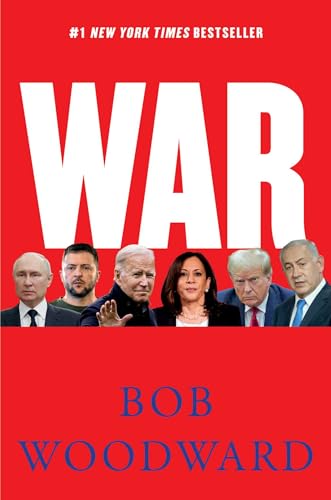
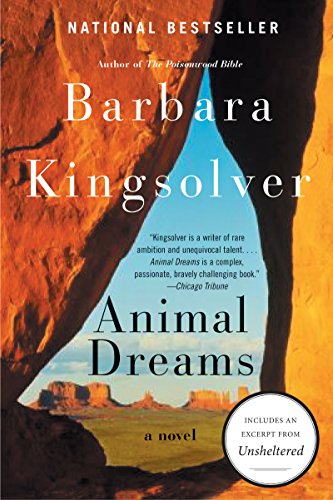

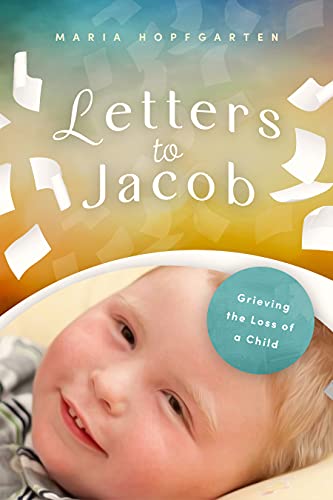
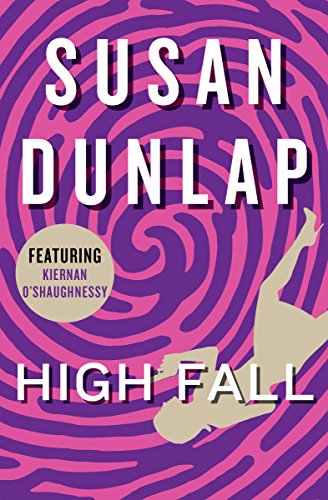
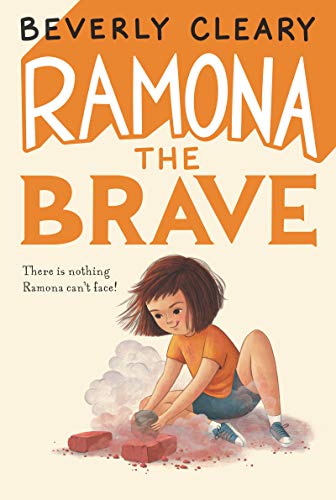
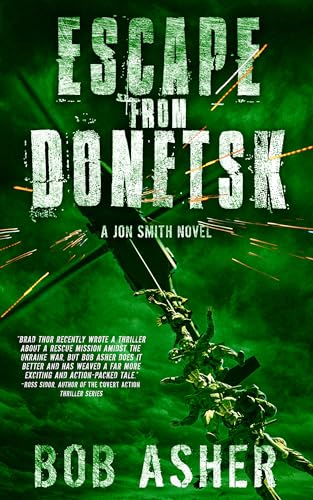

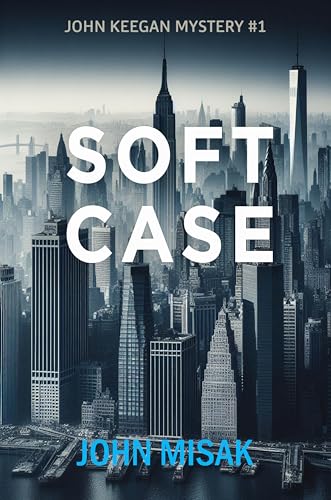

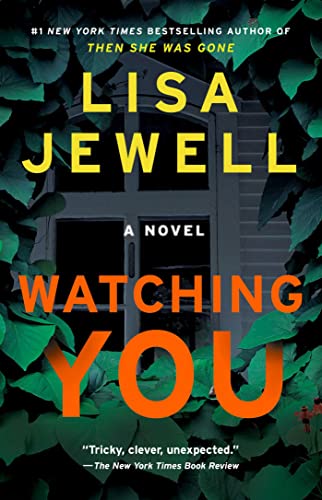
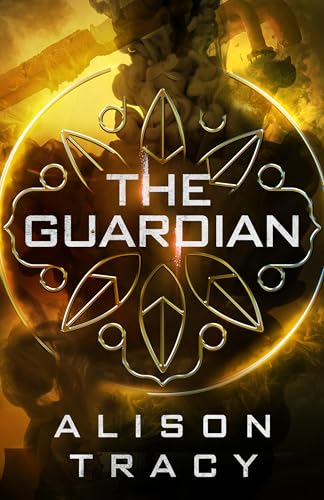

By Steve Windwalker
In the wake of our comments the other day on Amazon’s growing domination of the U.S. book business, it’s time for a fresh look at the breakdown of prices on the Kindle store’s bestseller list. From time to time we do this kind of analysis somewhat more comprehensively, but instead of looking at all 1.8 million Kindle titles today we’ll keep it simple and look at the Top 100 Bestsellers in the Kindle Store based on comparative snapshots of Kindle bestseller prices today with a couple of important points in the past:
based on comparative snapshots of Kindle bestseller prices today with a couple of important points in the past:
First, there’s a bit of an apples-and-oranges thing that we have to deal with here, since in April 2010 Amazon was still maintaining a single bestseller list in which free “sales,” i.e., downloads of free titles, were being counted right alongside paid titles on a single bestseller list. But if we take that properly into account we can still make some use of that comparison.
Here are the headlines:
So, it may be stating the obvious to say that ebook prices are falling, as we all knew they would fall once the agency-model price-fixing scheme gave way to more natural market competition.
But while it is fair to say that some of that price decline is due to more competitive pricing of bestsellers by the big publishers — including some very aggressive pricing like Simon and Schuster’s current $3.99 price point for Stephen King’s 11/22/63, that’s only part of the story, and it may be the less important part of the story.
What could be bigger than a $3.99 ebook price point for a full-length Stephen King bestseller?
Just this: big publishers’ market share of the Kindle Store bestseller list continues to evaporate. Books published non-traditionally, either by authors themselves or by Amazon Publishing imprints, held #s 2, 4, 6, 7, 8, 9 among Kindle Store Bestsellers as of this morning, and 21 of the top 50 spots.
It was just Wednesday that we posted on the possibility that Amazon may be moving toward 50% market share for the U.S. retail book business, all formats, and we were not just being cute when we listed the U.S. Department of Justice among those who would be affected in significant ways. If Amazon were also to reach the point where it was effectively the publisher for something approaching half of the U.S. ebook business, DOJ might have to create a permanent Amazon desk! I’m just saying.
Share via: